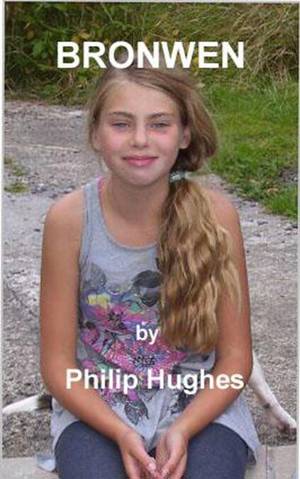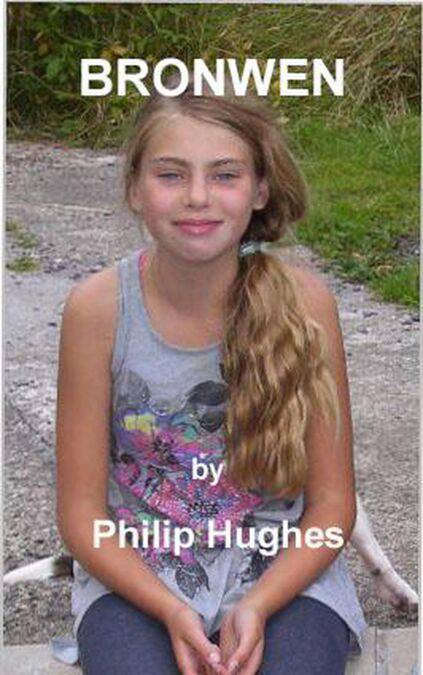
- Retrait gratuit dans votre magasin Club
- 7.000.000 titres dans notre catalogue
- Payer en toute sécurité
- Toujours un magasin près de chez vous
- Retrait gratuit dans votre magasin Club
- 7.000.0000 titres dans notre catalogue
- Payer en toute sécurité
- Toujours un magasin près de chez vous
Description
Although this is a work of fiction, it aims at re-examining the physical, emotional and other obstacles which confront any wartime child evacuee. The scene is set in a small mining village in South Wales to which pupils from a primary school in Birmingham are evacuated early in World War Two. Here evacuee Phil Hughes encounters great contrasts not only of a geographical but also of a linguistic and cultural nature. The preferred language of the family with which Phil is billeted is not English but Welsh, and both the Welsh language and its culture play an important role at his new school. There is no church in the village but four non-conformist Welsh-speaking chapels. Many other aspects of life differ from what the evacuees are accustomed to as they struggle to fit in.
Mrs Morgan already has three young children: two boys Dewi and Cennard, and a daughter Bronwen, with whom Phil soon forms a close relationship. Life is never easy, but there are compensations: a first cigarette, the first stirrings of sexuality, helping to catch a bunny for the pot, a visit from Special Branch, an unexploded bomb in the school playground and even the mysterious appearance of a ghost in a sun-lit garden. These are just a few of the high-points of Phil Hughes's years as an evacuee in Wales. But with his return to Birmingham, the close ties with the Morgan family soon withered away. So why was over seventy before he began to wrtie this autobiography? His memories of Bronwen are stirred by a sentence from a Bulgarian grammar: "Цветята, набрани за мен, вехнеха и умираха в ръцете ѝ." – 'The flowers she had picked for me wilted and died in her hands'.
First love can indeed be re-kindled in old age!
Spécifications
Parties prenantes
- Auteur(s) :
- Editeur:
Contenu
- Langue:
- Anglais
Caractéristiques
- EAN:
- 9798201395391
- Date de parution :
- 19-07-22
- Format:
- Ebook
- Protection digitale:
- /
- Format numérique:
- ePub

Les avis
Nous publions uniquement les avis qui respectent les conditions requises. Consultez nos conditions pour les avis.






